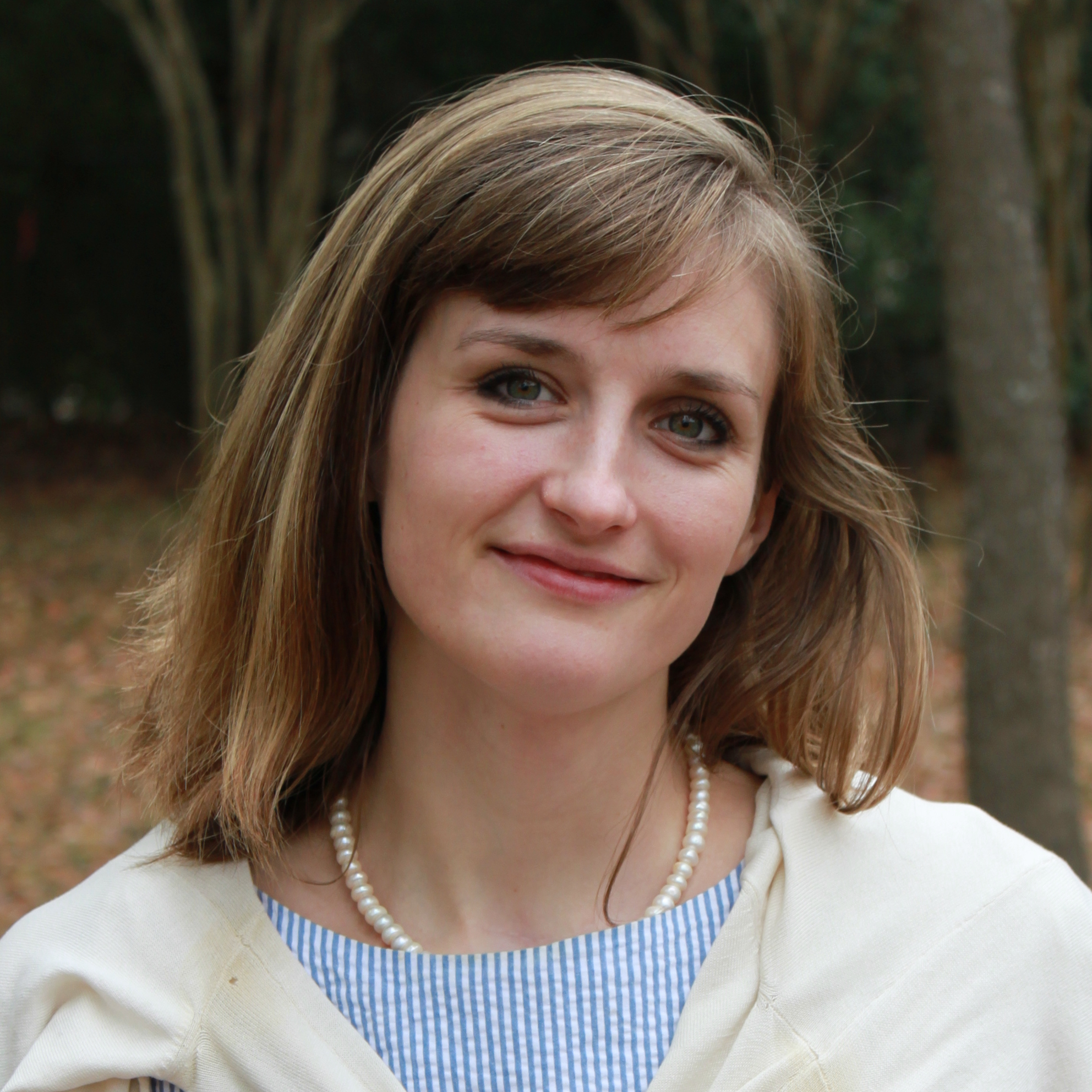In a time with few literary works that are common knowledge, Charles Dickens’ A Christmas Carol remains widely known and often quoted. Ebenezer Scrooge is such a memorable miscreant, and he is so enjoyably villainous before his dramatic Christmas conversion.
When told that the poor would rather die than go to debtors’ prison, he responds callously, “If they would rather die, they had better do it, and decrease the surplus population.” The phrase “decrease the surplus population” is still widely recognized and universally ridiculed as an inhumane response to poverty.
Once abortion is on the table, however, it seems many of us sign on to “decreasing the surplus population” and view abortion as the means of achieving superior economic outcomes. The Supreme Court’s overturning of Roe v. Wade in June has brought renewed attention to abortion. Far from the rallying cry of “safe, legal, and rare,” advocates for abortion claim that abortion is a social good and a necessary condition to ensure women’s success.
Orthodox. Faithful. Free.
Sign up to get Crisis articles delivered to your inbox daily
In the upside-down world we now inhabit, proclaiming support for abortion is now seen as a sine qua non for a civilized person. The implication is that it is only those oppressive or brainwashed religious maniacs who would oppose the betterment of women. Many pro-lifers have used data and logical argument to counter this bias and to demonstrate that abortion is not the sole source of women’s achievement in education and employment in the past 50 years
Yet, abortion advocates continue to trot out research purporting to show that the legalization of abortion in the 1970s led to a widespread decrease in violent crime in the 1990s, among other interesting claims. The question of how abortion affects future violent criminals is a strange one.
What actually happens in an abortion? A child in the womb is violently dismembered and extracted, lifeless, from his mother’s womb. This could only be described honestly as violence. Though legal in all 50 states under Roe, and now still legal in many, abortion is a violent act that destroys a living being. Is such violence justified by some imagined future violence committed by an undesirable class of people? A just society must recognize that the individual is not determined by his circumstances and the “surplus population” is still worthy of life.
When it comes to economic outcomes, our culture is quick to assume that teenage mothers have “ruined their lives” and are now, as Planned Parenthood’s favorite president put it, “punished with a baby.” Again, failing to see the individual, the swaths of humanity encompassed in all teen pregnancies everywhere are assumed to be disadvantaged, and abortion is offered as the solution to many unseen individuals’ problems. Yet, for individuals, an adverse event like out-of-wedlock pregnancy can be the catalyst for positive action. For some young parents, the reality of the child for whom they are responsible is the reason that they finish school, get married, join the military, and abandon hedonism in pursuit of the good of their family.
These—marriage and family—are social goods that benefit the individuals and their communities. The goods of family life, however, cannot be achieved without personal sacrifice. Pro-lifers, in their eagerness to defend the unborn child, can fall into a caricature of motherhood. Much of the marketing of motherhood can be reduced to a feel-good celebration of snuggles, and pregnant mothers are assured that they can “achieve their dreams” while having children. We should be wary of false advertising. Motherhood is by its nature sacrificial, and the sacrifices of mothers, by design, often go unseen. The idea that mothers, ill and drained from pregnancy and hampered by the needs of young children, will achieve everything they otherwise would in their education and professional careers is not true.
One of abortion activists’ favorite facts to cite is that the majority of mothers seeking an abortion already have children. In their view, this makes the situation more understandable. It certainly may seem understandable, but it is also much more disturbing. We cannot say that women seeking abortion do not know what they are doing because so many of them have already looked at an ultrasound and seen a child who was then born and displayed characteristics hinted at in utero, quirks of personality that stubbornly persist across the barrier of the womb. If women seeking abortions are already mothers, we cannot say that they choose the death of their children in ignorance. Thus, it is all the more disturbing that our culture has decided that they must choose abortion to advance.
When the “pregnancy” is discovered to be twins, the babies suddenly acquire relation to another person: a sibling. Once that relational quality is recognized, it can be much more difficult to end that human life. But every baby already has a direct, immediate, physical relationship with another person: his mother. When we deny this concrete reality in favor of abstractions about educational and professional achievement, criminality, and the meaning of life, we participate in the death of an innocent victim.
As unsatisfying as it may seem, the solution to abortion is for individual people to respond to the needs of the most vulnerable. When we reject Scrooge’s impersonal dismissal of the poor as a burden and address them as individuals, the Tiny Tims in our midst, we no longer see the poor as an abstract problem to be solved but as hungry and lonely people in need of food, community, and meaning.
Abortion is a false comfort to those who wish to solve the world’s problems. But it seems the poor really will always be with us, and trying to abort them all is a terrible mistake. Sacrificing children on the altar of achievement will never be a path forward. Willingly sacrificing ourselves in the service of others is the only way for civilization to thrive.
